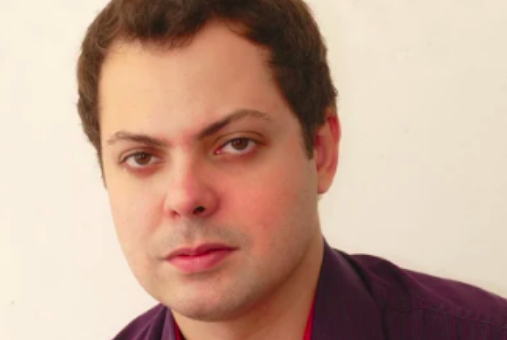
Artificial intelligence, machine learning, deep learning. These are some terms that are in high demand in many professional fields, but which are not yet familiar to many in news media.
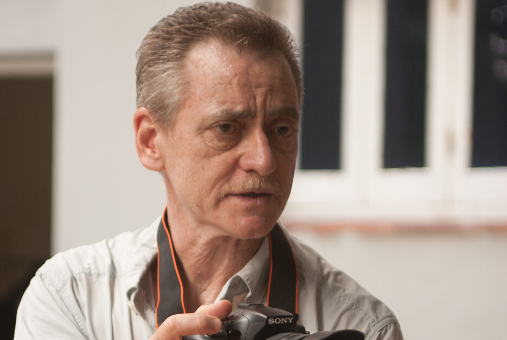
Video production has become an increasingly important skill for journalists who want to be versatile and tell stories in a variety of ways.
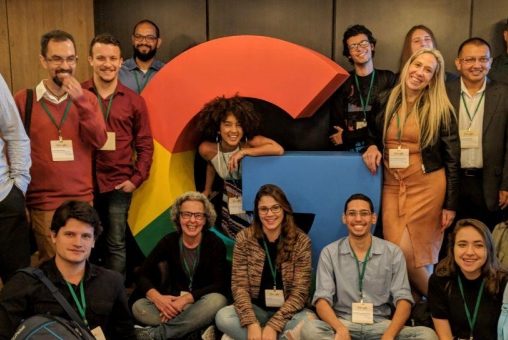
Eighteen journalists who completed massive online Portuguese courses with the Knight Center for Journalism in the Americas were at Google São Paulo on Oct. 1 to attend exclusive workshops on electoral coverage and fact-checking.
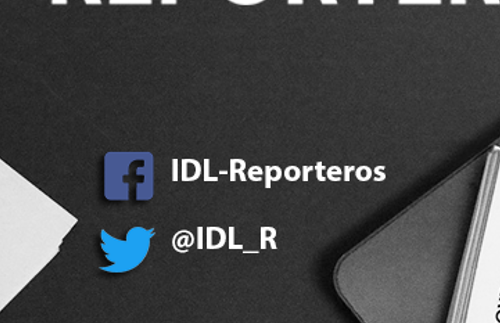
The Peruvian journalistic site IDL-Reporteros, which in the middle of this year revealed a deep crisis in the country’s judicial system through the release of audio recordings of telephone leaks, asked the Inter-American Commission of Human Rights (IACHR) to demand that the government provide urgent protection measures for journalists and officials investigating the alleged acts of corruption.
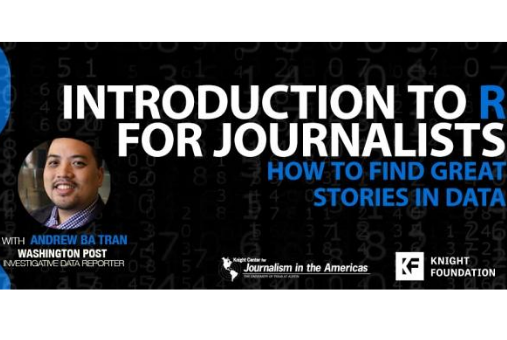
An online course on the complex programming language R recently ended with more than 3,300 registered students from 131 countries and all instructional materials for the course are now available. The materials are available to the general public and will act as an ongoing resource for those who are interested in learning more about R.
The Knight Center is happy to announce that material for Alberto Cairo's course, “Data Visualization for Storytelling and Discovery,” now can be accessed online. Cairo's course had 5,783 participants from 143 countries and was offered thanks to the generous support by Google News Initiative.
Latin American entrepreneurial journalists now have a new resource to help them run their digital media sites, focusing on education around everything from building a business model to creating better eating habits.
Renowned university journalism programs across Brazil will open courses on entrepreneurship, management and business from now until 2018, and many have already included the content into their curricula.
In Brazil, journalism administrators still face a number of problems reformulating their curricula and adapting to the new guidelines approved for the degree in September 2013 by the National Education Council.
The Knight Center for Journalism in the Americas will expand its online journalism education program over the next four years thanks to a $600,000 grant from the John S. and James L. Knight Foundation.
A new journalism program at a U.S. university is seeking to train young reporters to cover that country’s border region with Mexico.
To make communication a tool for young people to read and produce critical content and give a voice to their communities: this is the purpose that drove journalists Amanda Rahra and Nina Weingrill, who are responsible for Énois – Agência Escola de Conteúdo Jovem, located in São Paulo, Brazil.